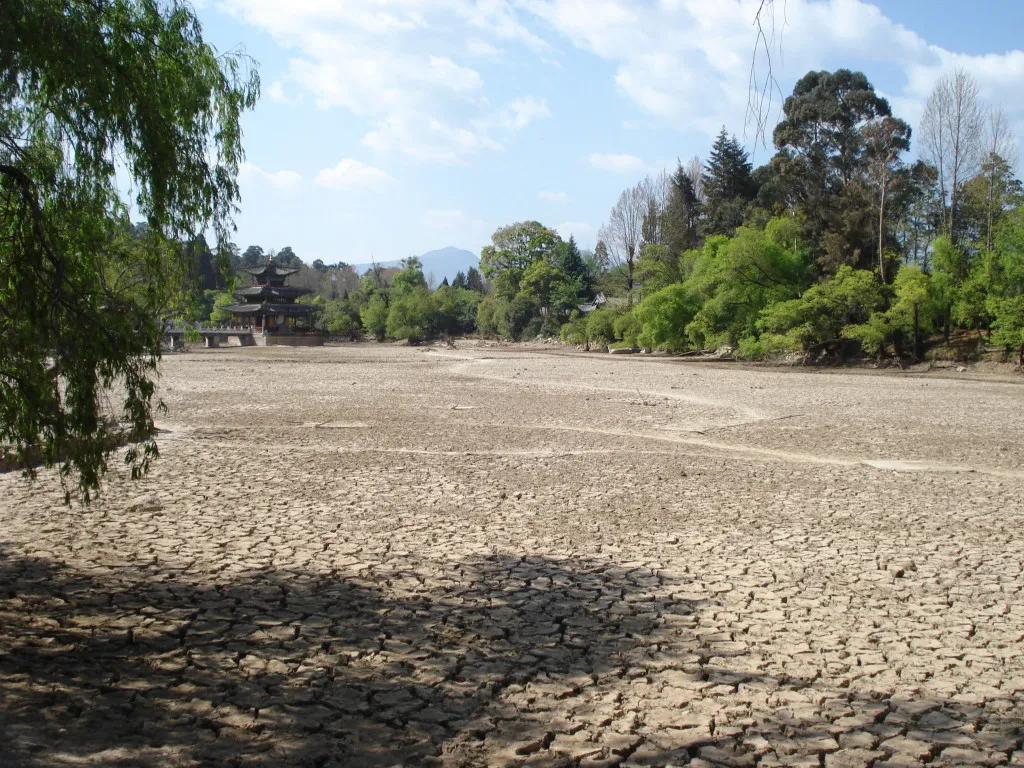In the heart of China’s water-scarce regions, a promising solution for agricultural irrigation is emerging from an unlikely source: rural reclaimed water. A recent study published in ‘Guan’gai paishui xuebao’ has shed light on the feasibility of using this resource, offering a glimmer of hope for farmers and agritech innovators alike.
The research, led by Wu Lyu from the College of Chemical and Material Engineering at Quzhou University, systematically evaluated the safety and ecological impacts of using reclaimed water from rural households for farmland irrigation. The findings suggest that this water source could be a viable supplement, particularly in areas where water is a precious commodity.
The study examined the effects of irrigation with reclaimed water on seed germination and soil health. Among the 13 water samples collected, most met the stringent standards for both rural domestic sewage discharge and agricultural irrigation water quality. This is a significant finding, as it indicates that reclaimed water can be safely integrated into agricultural practices without compromising environmental safety.
The research also delved into the impact on soil health. “Irrigation with reclaimed water increased soil nitrate nitrogen, ammonium nitrogen, and available phosphorus contents,” Wu Lyu explained. This enhancement in soil nutrient availability could have profound implications for crop yields and agricultural productivity.
Moreover, the study found that reclaimed water irrigation led to an increase in beneficial microbial taxa, such as Candidatus Koribacter, Candidatus Solibacter, and Chujaibacter. This shift in microbial community structure could contribute to improved soil health and fertility, further supporting agricultural sustainability.
The commercial impacts of these findings are substantial. For the agriculture sector, the ability to utilize reclaimed water for irrigation could reduce dependency on traditional water sources, thereby lowering costs and mitigating the effects of water scarcity. This is particularly relevant in regions where water resources are limited and agricultural productivity is heavily influenced by water availability.
The study also highlights the need for a multidimensional monitoring framework to ensure the safe and sustainable use of reclaimed water in agriculture. This framework would integrate seed viability, soil physicochemical characteristics, and microbial community dynamics, providing a comprehensive approach to soil health and crop safety.
As the agriculture sector continues to evolve, the integration of reclaimed water into irrigation practices could become a cornerstone of sustainable farming. The research conducted by Wu Lyu and their team offers a promising pathway forward, one that could shape the future of agriculture in water-scarce regions. By embracing these findings, farmers and agritech innovators can work towards a more sustainable and resilient agricultural future.

